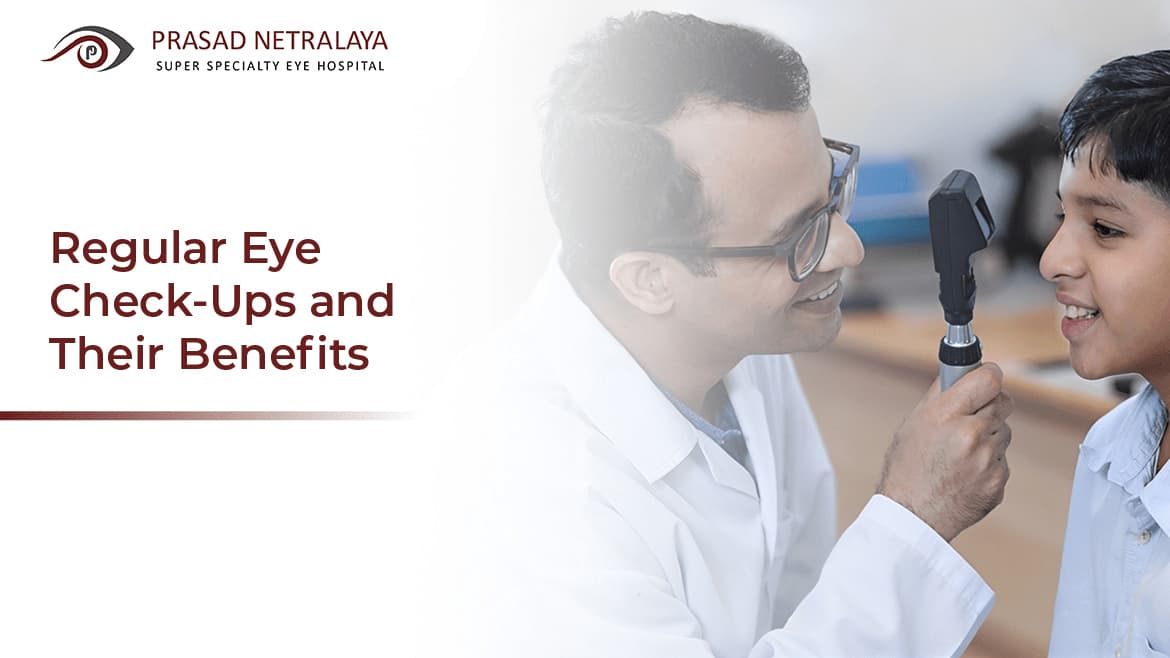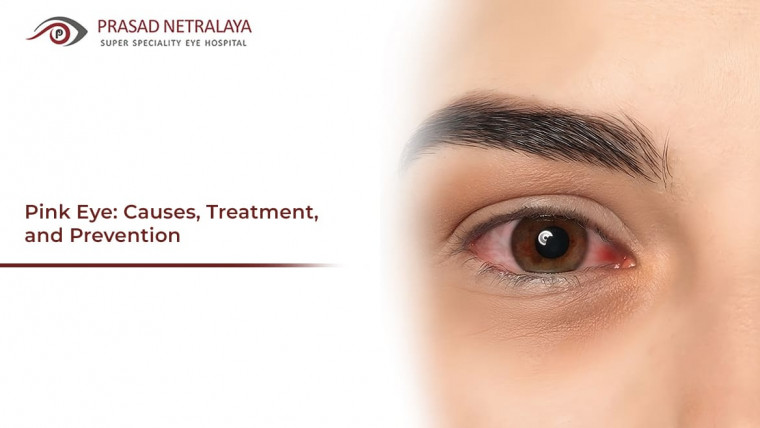One of the most important senses of your human body is sight. They are the window to the world. It is also one of the most delicate parts of the human body. Maintaining good eye health is essential, which is why you need regular eye check-ups.
The most common misunderstanding about eye check-ups is that they’re only used to figure out how strong corrective lenses need to be. However, there is much more to an eye exam than just checking your eyesight. When you visit an eye check-up hospital to get your eyes checked by an expert, they’ll look at more than just the surface level of your vision.
Let’s learn more.
Table of Contents
What Exactly Happens During Routine Eye Check-Ups?
You may be curious about what one entails if it has been a while since your last eye checkup. Comprehensive eye check-ups often consist of the following tests (however, this might vary depending on your doctor and medical history):
- Visual Acuity: The doctor evaluates your eyesight and checks your vision for both near and far-sightedness. If your eyesight is not up to par, you will be given a prescription for glasses or contacts.
- Eye Pressure: The doctor measures your ocular pressure with a contact or non-contact tonometer. Drops of local anesthetic will be used for the latter.
- Slit Lamp Test: During the slit-lamp examination, a microscope with in-built lighting is used to examine your eyes. It allows your doctor to examine a detailed picture of your eye at high magnification. Your doctor will use a set of lenses to direct the light behind your back so they can see your retina and optic nerve.
- Dilated Test: It’s possible that your doctor won’t want to conduct a dilated exam when you go in for a checkup. In this procedure, your doctor will use eye drops to dilate your pupils for a closer look at your retina and optic nerve. Your vision will be blurry for three to five hours after a dilated assessment, so you won’t be able to drive yourself home. You may also notice an enhanced sensitivity to light. A dilated eye exam is usually necessary for those who have diabetes, high refractive errors, or eye diseases such as macular degeneration, age-related macular edema, or glaucoma.
- Other Special Tests: If your eye doctor has reason to suspect a condition, he or she will arrange or prescribe additional tests outside of your regular eye exam to aid in the diagnosis and treatment of that disease.
How Often Should You Get an Eye Check-Up?
The patient’s current eye health is the only thing that determines whether a visual acuity test or a full eye exam is important. If you want to keep your eyes healthy, you must regularly see the best eye specialists in Mangalore.
Adults should see an eye doctor at least once every two years to evaluate their eyes for general health and vision. People whose work requires constant attention to visual details should have a detailed eye exam more frequently than once every two years.
Benefits of Having Routine Eye Check-Ups
1. Better Visual Function
You should check both near and far vision to ensure peak performance. It shows how often adjustments need to be made when visual acuity improves or declines. The quality of your daily life will increase when you have your eyesight restored.
2. Assessment of Risks
Nearsightedness and farsightedness are two common vision abnormalities that ophthalmologists check for. Regular eye exams are the best way to determine whether you are nearsighted or farsighted.
3. Check for Potential Blindness
With early detection, blindness can be avoided in over 75% of cases. More than half of all blindness is avoidable. Therefore, it’s important to take care of your eyes by having regular checkups.
4. Identify Early Symptoms
Some eye symptoms and diseases are very hard to treat or can’t be treated after they’ve reached a certain point. Therefore, it’s crucial to check the optic nerves and lens thoroughly.
5. Helps Avoid Life-Threatening Diseases
Regularly scheduled eye examinations can detect multiple potentially life-threatening diseases. The blood vessels in the retina are a good way to tell how the blood vessels in the rest of the body are doing, and optometry specialists can check on them. Changes in how the retinal blood supply and blood vessels look can be used to find out what’s wrong with a person.
6. Helps Identify Diabetic Eye Diseases
If you have diabetes or are at risk for developing it, you should get a thorough yearly exam. One of the most common causes of blindness in humans is diabetes. There are no outward signs of diabetic eye disease in its early stages. Therefore, the only way for doctors to catch the condition early enough to avoid vision loss is through a thorough eye exam.
How Much Do Eye Check-Ups Cost?
The cost of an eye check-up might range from Rs. 200 to Rs. 1,500, depending on the specific tests required. As you know the importance of an eye check-up, you must visit a well-reputed eye check-up hospital.
Also Read : What Is Perfect Vision and How Do You Get It?
Where Can I Get My Eyesight Checked?
Put proper eye care at the top of your list of priorities, and make sure your loved ones do as well.
We invite you to schedule regular eye check-ups at Prasad Netralaya Eye Hospital, the best eye specialist in Mangalore, to avoid any problem that might cause a hindrance in the way you view the world.



